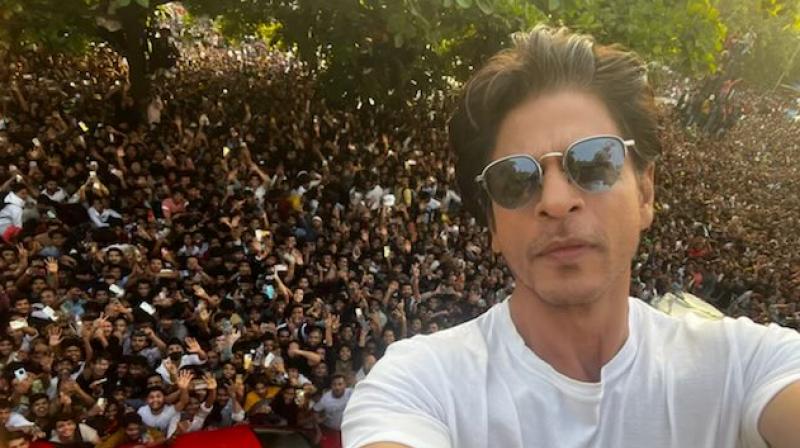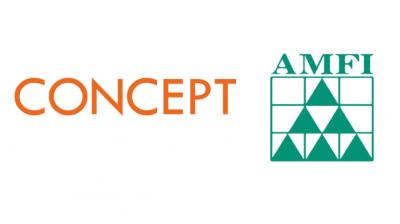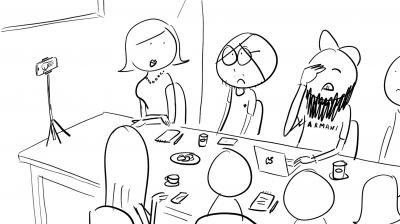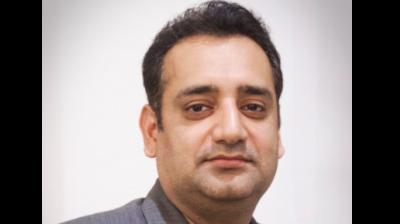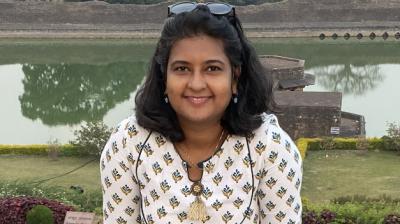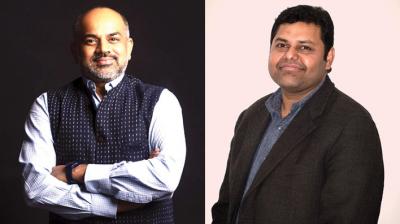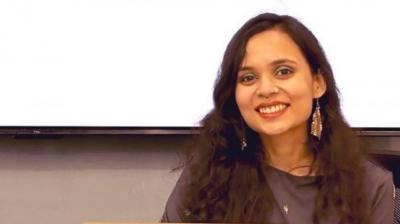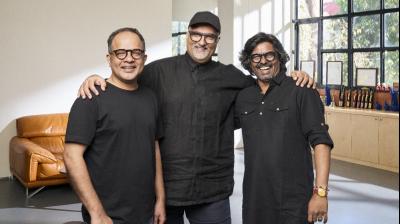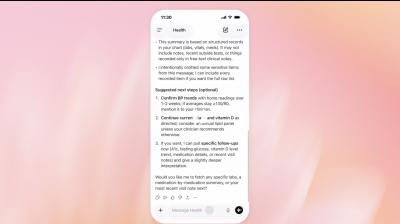McAfee has released its ‘most dangerous celebrity: deepfake deception list’, a consumer research revealing how cybercriminals are using the names and likenesses of famous personalities to trick people into scams.
Shah Rukh Khan ranks as the most exploited celebrity, followed by Alia Bhatt and Elon Musk, whose names and likenesses Indians report they’ve most frequently seen used in AI-driven deepfakes to promote fake endorsements, giveaways, and drive people toward scam websites, phishing links, or malicious downloads.
The research reveals 90% of Indians have encountered fake or AI-generated celebrity endorsements, with victims losing an average of INR 34,500 to such scams.
60% have also seen AI-generated or deepfake content featuring influencers or online personalities. With just three seconds of someone’s voice, scammers are creating deepfakes, often used to mimic celebrity promotions for skincare products (42%), giveaways (41%), and crypto or trading schemes (40%), with fake 'must-have' gadgets and supplements.
Top 10 most dangerous celebrities
- Shah Rukh Khan
- Alia Bhatt
- Elon Musk
- Priyanka Chopra Jonas
- Cristiano Ronaldo
- MrBeast
- Lionel Messi
- Taylor Swift
- Kim Kardashian
- Members of BTS
McAfee’s findings show that younger users are the most at risk: 62% of those aged 35–44 and 60% of 25–34-year-olds admitted to clicking on fake celebrity ads, compared to 53% among 18–24-year-olds. 46% of 45–54-year-olds and just 17% of those over 65 said they had ever fallen for such scams.
Pratik Mukherjee, senior director - engineering, McAfee, said, “Deepfakes have changed the game for cybercriminals; they’re no longer hacking systems — they’re hacking human trust. India’s vibrant celebrity culture and massive online engagement make the threat even more dangerous. Technology can now effortlessly mimic the voices, faces, and mannerisms of people we admire. In a country where millions engage with celebrity and influencer content daily, such fakes can spread instantly. It’s becoming harder to tell what’s real and what’s not — making awareness, caution, and reliable protection tools more critical than ever.”

.jpg)
